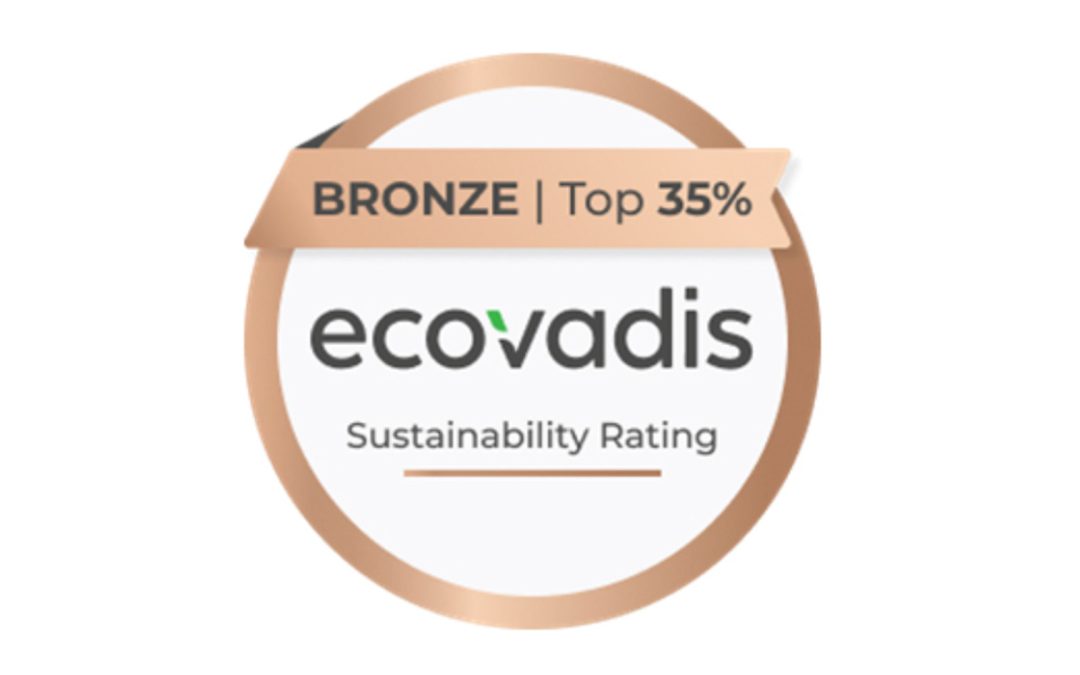The new regulation mandates sustainable design across products, marking a fundamental shift in EU environmental policy.
The European Union Council has given its final approval to the landmark ecodesign regulation. This new law aims to significantly broaden the scope of sustainable product requirements beyond just energy products to encompass nearly all goods sold within the EU market.
Pierre-Yves Dermagne, Belgian Deputy Prime Minister and Minister of the Economy and Employment, emphasised the transformative potential of the regulation: “With the ecodesign regulation, we create the right incentives for the industry to think circular from the very design conception of the products they plan to produce and sell in the EU.”
The regulation introduces stringent new criteria for product durability, reusability, upgradability, and reparability. It also addresses the presence of substances that inhibit circularity, energy and resource efficiency, recycled content, remanufacturing, and recycling, alongside carbon and environmental footprints. One notable feature is the Digital Product Passport, designed to enhance transparency and information flow regarding product sustainability.
The ecodesign criteria will now play a crucial role in public procurement, promoting the purchase of green products. A significant provision within the regulation is the direct ban on the destruction of unsold textiles and footwear, though SMEs will temporarily be excluded from this requirement. Furthermore, the regulation aligns with the Digital Services Act concerning online product sales, empowering the Commission to set further ecodesign requirements through delegated acts.
Following the approval, the legislative act will be signed by the President of the European Parliament and the President of the Council before its publication in the Official Journal of the European Union. It will enter into force 20 days post-publication and will be applicable 24 months thereafter, in the summer of 2026.
The newly adopted ecodesign regulation is poised to positively impact the office imaging industry and the environment. By mandating stringent standards for product durability, reusability, upgradability, and reparability, the regulation encourages manufacturers to innovate towards more sustainable and efficient office imaging solutions.
This shift is expected to reduce waste and operational costs, as devices like printers and copiers will have longer lifespans and be easier to maintain and upgrade. Additionally, the emphasis on recycled content and energy efficiency will lower the environmental footprint of these products and enhance their appeal to environmentally conscious consumers and businesses.
Significantly, the regulation makes sustainable public purchases mandatory via “Delegated acts,” ensuring that government procurement prioritises eco-friendly office imaging products. The introduction of the Digital Product Passport will further facilitate transparency, allowing consumers to make more informed purchasing decisions based on sustainability credentials. Overall, the regulation sets the stage for a greener, more sustainable future for the office imaging industry, aligning it with broader environmental goals and consumer expectations.
The previous Ecodesign Directive 2009/125/EC focused primarily on energy efficiency, covering 31 product groups and achieving significant energy savings. The newly adopted regulation represents a comprehensive and forward-looking approach to sustainability.























